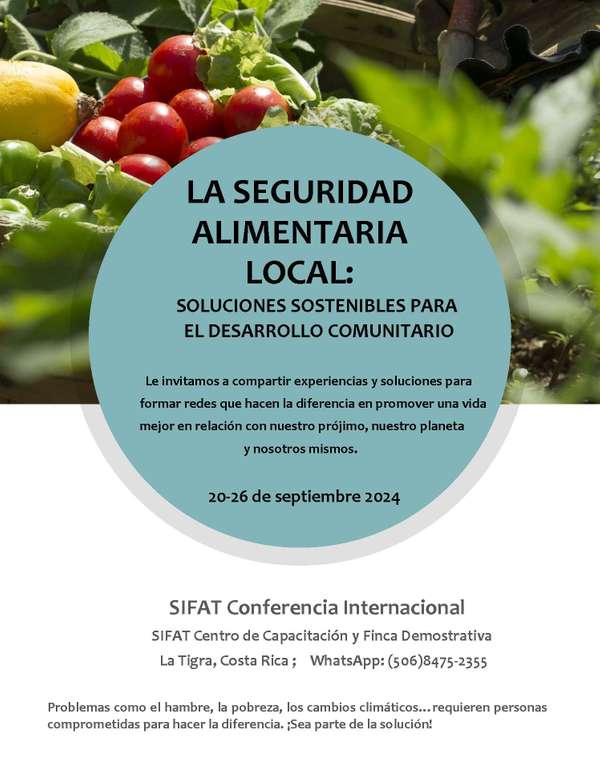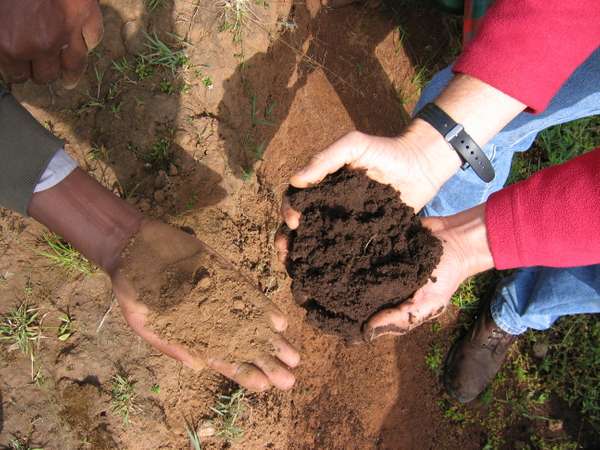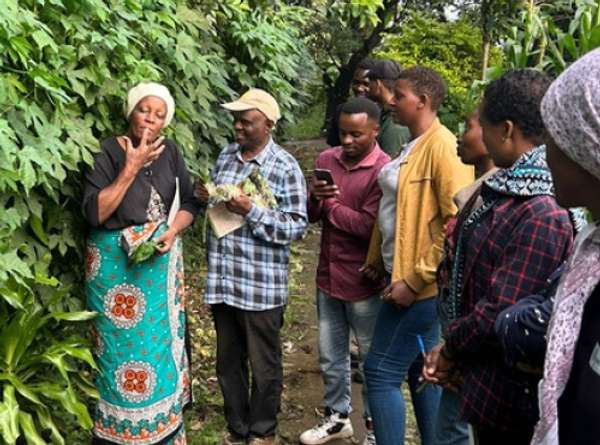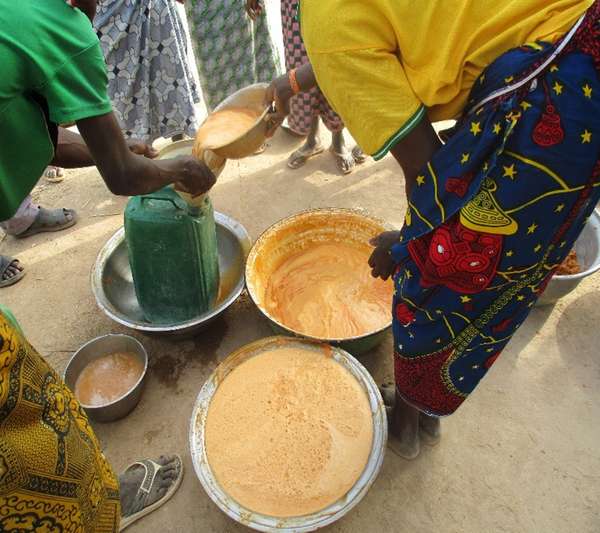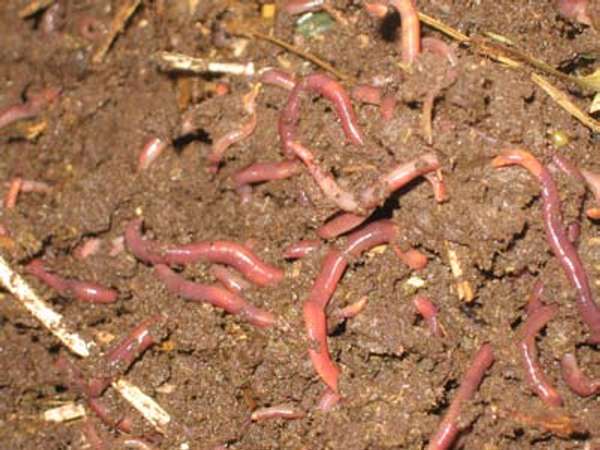Mises à jour de ECHOcommunity
ECHO Now Hiring: Central America & Caribbean Regional Impact Center Director 2024-09-24
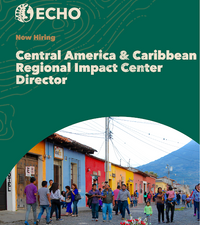 ECHO is excited to annouce that we are seeking to hire a Director for our Regional Impact Center (RIC) for Central America and the Caribbean (CAC). This RIC aims to strengthen the capacity of a diverse regional network to defeat hunger and improve lives through sustainable food and agroecosystem strategies. The objectives outlined in a prospectus, job description, and strategic framework for the region were developed in response to the unique needs of small-scale farmers in a region characterized by rapidly changing economic and environmental contexts. Essential duties and responsibilities of the postion include: developing partnerships, overseeing training events and technical support to CAC network members, ensuring follow-up to training events and monitoring, eevaluation, and learning, coordinating communication, and modeling servant leadership.
ECHO is excited to annouce that we are seeking to hire a Director for our Regional Impact Center (RIC) for Central America and the Caribbean (CAC). This RIC aims to strengthen the capacity of a diverse regional network to defeat hunger and improve lives through sustainable food and agroecosystem strategies. The objectives outlined in a prospectus, job description, and strategic framework for the region were developed in response to the unique needs of small-scale farmers in a region characterized by rapidly changing economic and environmental contexts. Essential duties and responsibilities of the postion include: developing partnerships, overseeing training events and technical support to CAC network members, ensuring follow-up to training events and monitoring, eevaluation, and learning, coordinating communication, and modeling servant leadership.
Job Description and Application
Responsabilidades esenciales y Aplicar
Speaker Highlight: Dr. Katrina Koehler 2024-09-17
Dr. Katrina Koehler
Professor & Researcher, Houghton University/ Los Alamos National Laboratory
Katrina Koehler received her PhD and MA in physics from Western Michigan University and did her undergraduate studies in mathematics and physics at Houghton University. She teaches physics, programming, and data science classes at Houghton University in Houghton, NY during the academic year and conducts research in nuclear safeguards at Los Alamos National Laboratory in Los Alamos, NM. She has a passion for reaching the unreached people groups and has adopted the Tamajeq as her primary focus.
Presentation Title: A Data-Driven Approach to the Great Commission.
November 12-14 | Fort Myers, FL
Faith & Farming for Community Engagement Workers: A LEAD Community of Practice Event 2024-09-10
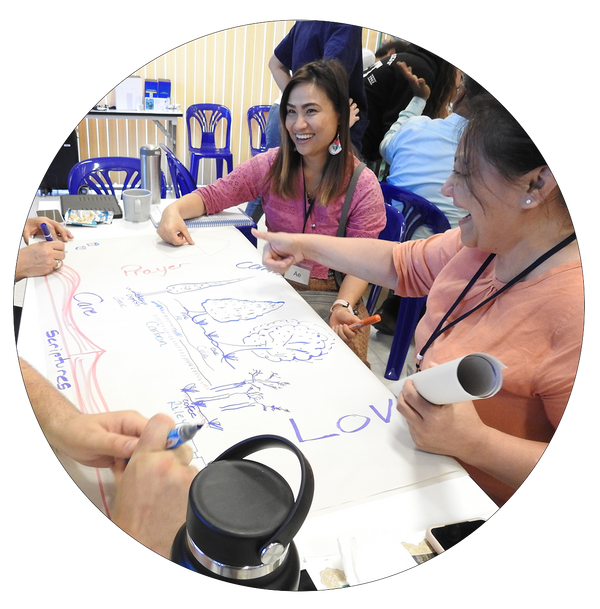 Join us in February for a collaborative training event with Faith and Farming and ECHO!
Join us in February for a collaborative training event with Faith and Farming and ECHO!
By the end of the event participants will have...
-
A basic understanding of the connections between Faith and Farming,
-
Understand the implications of working the land in a sustainable way,
-
Seen firsthand a selection of sustainable farming techniques demonstrated at the ECHO Global Farm,
-
Begun to plan what their next steps are for incorporating their learning into their own work and context.
For more details about this event click the link below. Early Bird rate ends September 28th!
La Seguridad Alimentaria Local: soluciones sostenibles para el desarrollo comunitario 2024-08-29
20-26 de septiembre, 2024 | La Tigra, Costa Rica
Le invitamos a compartir experiencias y soluciones para formar redes que hacen la diferencia en promover una vida mejor en relación con nuestro prójimo, nuestro planeta y nosotros mismos.
Problemas como el hambre, la pobreza, los cambios climáticos…requieren personas comprometidas para hacer la diferencia. ¡Sea parte de la solución!
Whatsapp: (506) 8475-2355
ECHO Asia Introduction to Soil Science 2024-08-29
Are you interested to learn more about the basics of soil science? ECHO Asia put together an instructional series to help those starting in agriculture to get a deep dive into the basics of soils and the specifics of soils in the tropics! This 4 part training gives a broad overview and introduction to some basic soil characteristics: phases (solid, liquid, gas), texture, density, structure, reaction (pH), plant-water relationships, organic matter, biology, and nutrients.
ECHO International Agriculture Conference Speaker Highlight: Erwin Kinsey 2024-08-20
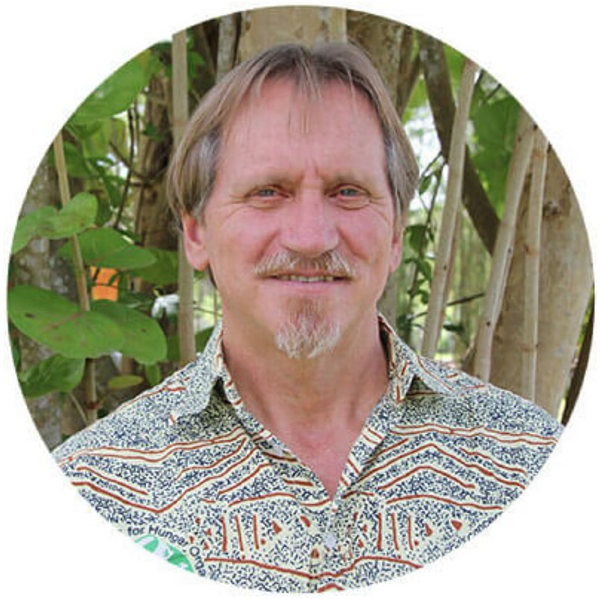 Erwin Kinsey
Erwin Kinsey
Director ECHO East Africa
Erwin Kinsey, ECHO East Africa Director, holds a BSc in Animal Science from the University of Vermont and MSc in Rural Development from the University of London School of Oriental and African Studies. He worked for 30-years with Heifer International in Tanzania assisting over 30,000 families with livestock and training, and pioneering in-kind credit whereby female livestock offspring and training were passed on to neighboring project farmers. For five years he directed the diversification of Global Service Corps Tanzania’s food security interventions and since 2012 has worked with ECHO to foster wider sharing of sustainable agriculture and food security innovations across the region.
Presentation Title: Best Practices in Promoting livestock Among the Poor
November 12-14 | Fort Myers, FL
EIAC Poster Invitation and Research Roundtable 2024-08-13
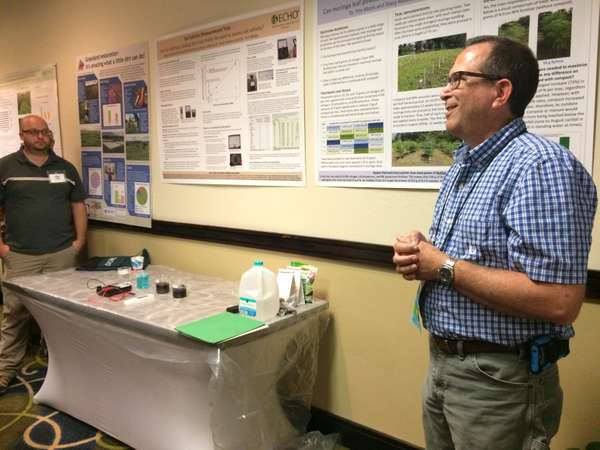 EIAC Poster & Research Roundtable Invitation
EIAC Poster & Research Roundtable Invitation
At this conference, there are several ways to share your experience and expertise with other conference delegates! Outside of sharing a breakout session or workshop, you can share your research, development project, or crop evaluations through a poster or through conference proceedings. Please see our Guidelines page for details and to submit your poster or proceedings abstract!
There will be a research roundtable on Monday, November 11th from 10 am to 3 pm for those interested in research and able to arrange their own transport to the farm. Let us know if you'd like to be a part of this event (no additional cost).
Member Highlight: Mama Shujaa's Journey with ECHO East Africa 2024-08-06
by Brianna Medina, Lola Teer Beast, Roberto Fortunato, Joyce Nambaso, and CharlesBonaventura
In the heart of Meru district, Elinuru, or as most people call her "Mama Shujaa" translated from Swahili as “warrior woman” stands as a beacon of resilience and sustainability, embodying the spirit of change within her community. Mama Shujaa's introduction to ECHO came years ago during a transformative training session on perennial vegetables. Inspired by the possibilities these resilient crops offered, she became a fervent advocate, transforming her own garden into a living example of sustainable agriculture. Mama Shujaa firmly believes in the transformative potential of youth. She advocates for integrating environmental education into the school curriculum, empowering the next generation to confront climate change head-on. Her vision is simple yet profound: every child should learn not only how to grow a tree but also how to tend to their own gardens at home. Through these encounters, Mama Shujaa amplified her voice, advocating for sustainable practices and the empowerment of women in agriculture. As she aptly puts it, "The only way to make long-term changes is through education," a philosophy that continues to guide her journey towards a greener, more sustainable future for generations to come.
EDN Numéro 165 Maintenant disponible 2024-08-01
Sommaire
- Vers l’utilisation des biopesticides
- Échos de notre réseau: Questions et réponses sur la chenille légionnaire d’automne par Dr. Allan Hruska, Ph.D.
- De la Banque de semences de ECHO: Cucurbita Mochata 'Thai Kang Kob'
- Deux revues en libre accès: Le Journal of Agriculture de the University of Puerto Rico et Ag4Dev
Vers l’utilisation des biopesticides
Hassan Djebro
Extrait: Biopesticide à base de poudre de piment, d’ail, d’oignon et d’amande de neem: Il s’agit d’un biopesticide à large spectre à base de poudre de piment, d’ail, d’oignon et de neem, chacun contenant des ingrédients actifs pour lutter contre les parasites. Le produit est efficace contre les insectes tels que les aleurodes, les chenilles, les criquets, les termites, les fourmis et les pucerons. Ce biopesticide peut également être utilisé pour traiter les puces de poulet dans les élevages de poulets locaux.
Join the Conversation: Vermiculture Systems 2024-07-23
An ongoing ECHO Conversation has been happening around your experience with verimcomposting (worm farming). Do you have experience in trying to cultivate worms? Have you had success or failures you'd be willing to share with the wider ECHO Community? We are excited to learn from what you have to share!

